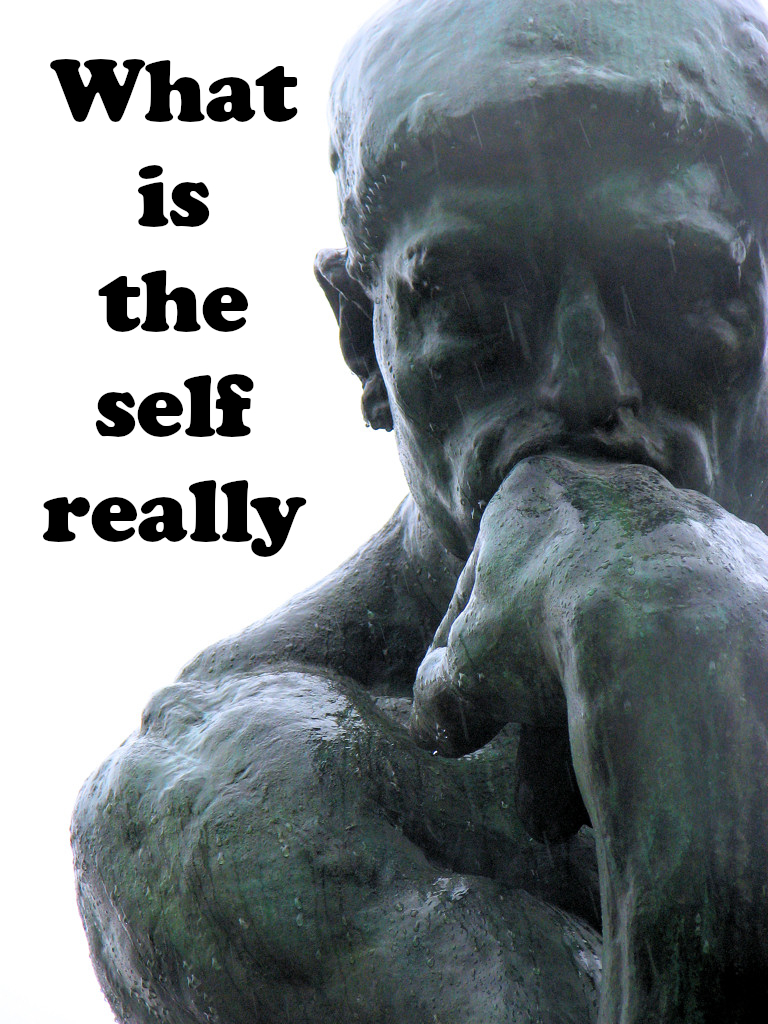
As the years go by; so do people…
How many people have you come to have known since you came into this world after your birth? And how many of them who were once your contemporaries at one time, eventually passed away as you lived your life?
“Many who were linked to me through the forum and the senate and everyday conversation have been carried off in a night, which has severed the hands once joined in friendship.” – Seneca
Just like Seneca in the ancient world, nothing’s changed in this modern world; unexpected death strikes without notice. The everyday conversations we have with our co-workers who were part of our daily work routines—that perhaps we may have taken for granted to last until we left the job—we learn one day to be taken away from us; impermanence severs the chain that once linked prior relationships together.
At the beginning of the last decade in 2010, we may remember to have known many people who were still alive back then, they were our contemporaries during that time. But just as the years of that decade progressed onwards, some of those people gradually passed away. Some may have died in 2013, others 2016 or 2019. The period of time you spend together with anyone is finite, the people that you’ve shared memories with will themselves become memories.
As mentioned earlier, if we knew the person then we have them in our memories. To us now they’re an interconnected network of memories and each memory is a record of recreated events replaying in our minds—but the actual person in the here and now does not exist.
When I’m speaking about Marcus Aurelius for example, I’m talking about someone who no longer is alive, the only thing that’s left is to imagine him and to imagine him would be an abstract representation of something that no longer exists.
“In no time at all ashes or bare bones, a mere name or not even a name: and if a name, only sound and echo.”
The sound and echo we replay in our mind exists only as a cluster of neural impulses serving as audio representations of fizzled out auditory phenomena and they may fizzle away just as rapidly as the mechanical pressure waves that gave rise to them.
How many hours do we spend in the complete absence of our friends and family? How many times have they left our sight and we theirs? When we go to town, work or on vacation we do not grieve for our parents or other family members, but only focus at the task at hand whatever that may be. The stoic advice is this: We must try to become consciously familiar with those times and then make the effort to remember how at ease we were. We must make the association that in the absence of certain people—friends, family and even enemies—it was all the same, despite their absence during their lifetime or after their passing.

